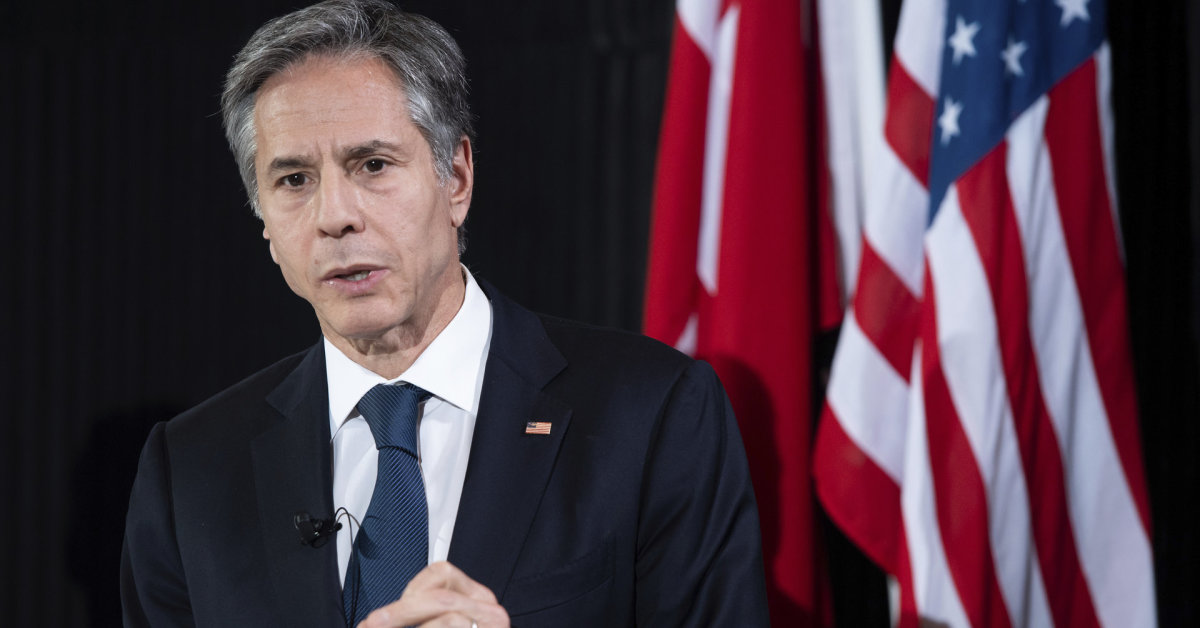NEW DELHI: The government has all but ruled out the possibility of compulsory licensing as a tool to accelerate vaccine production due to implementation problems, while recognizing that there is still an uphill struggle to secure the entire world organization of trade (IN THIS) Members in support of the Emergency Patent Waiver Plan to Increase Medical Care to Combat Covid-19.
Although India and South Africa’s joint proposal for a three-year TRIPS waiver of vaccines, drugs and equipment was tabled along with several other poor and developing countries, the government admits it has not yet received support from key members like Japan. , Switzerland, Australia and even Brazil just to negotiate the text. Also Germany and other members of the European Union are not fully on board.
The United States has reached out to a few countries and India uses diplomatic channels to reach out to opponents, but prominent government sources have said there is still a long way to go. “Ultimately, we need consensus and it won’t be easy. We expect more countries to come forward and support us, ”a government source said, adding that the willingness of the United States and China to at least agree to the talks is helping to change sentiment.
The other challenge is seen by WTO leaders, with some neighborhoods still struggling with voluntary licensing agreements between global giants and local actors like India, South Africa, Pakistan, Indonesia and other supporters who think this is insufficient. There have been proposals from opposition leaders under the leadership of the former prime minister Manmohan singh relying on the compulsory licensing provisions of the Patent Act to induce domestic manufacturers to make vaccines, but the government recognizes that this is not an easy task. The government can invoke the provisions to waive manufacturing or import patent rights in an emergency.
“It is easier said than done. We are dealing with patents not only for vaccines but also for inputs. It is difficult to get these inputs and the raw material itself as we have seen in recent cases, ”a senior government official said in referring to the issues. Serum Institute of India before the supply to the United States, which waned after the Prime Minister Narendra Modi raised the problem with US President Joe Biden.
In addition, government sources said that even reverse engineering would not be easy as many vaccines use mRNA technology, a new technology that enables our cells to produce proteins that trigger an immune response. “If it was an old molecule, things could have been faster,” said a source.
At the WTO, the EU has also proposed the use of compulsory licenses, but the government finds it too difficult to obtain product- and country-specific exemptions. The government’s position will bring consolation to the industry, such as: B. Interest groups like Ficci openly against the proposals.
–


